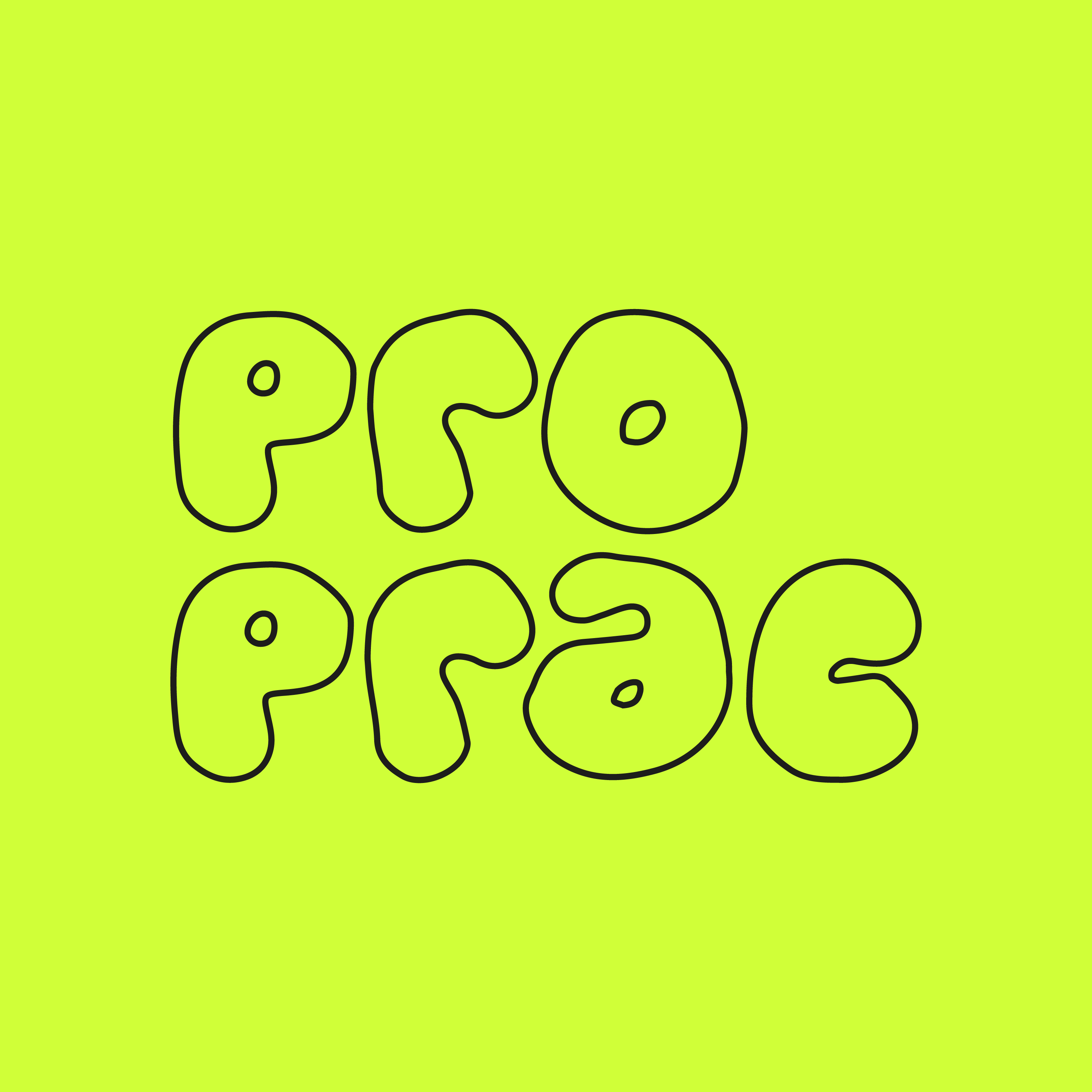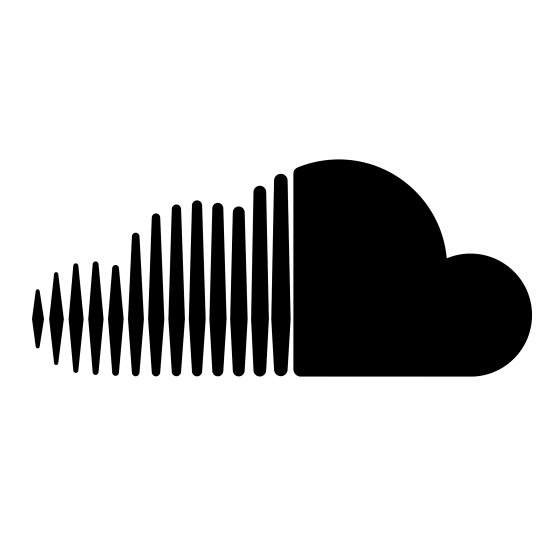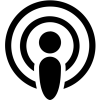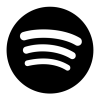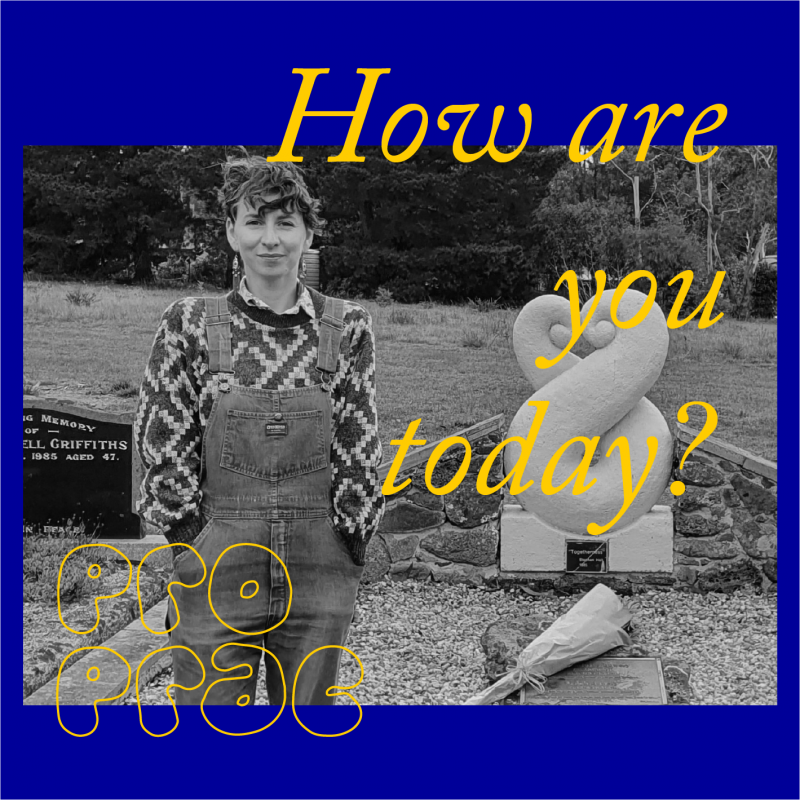
Laura Castagnini
How Are You Today – Episode 16
Resources
Instagram handle @laura.castagnini
lauracastagnini.com
Book: Woman on the Edge of Time
Transcript
Kiera Brew Kurec 0:02
Hi and welcome to Pro Prac. I’m Kiera Brew Kurec.
Nick Breedon 0:04
And I’m Nick Breedon. You’re listening to How Are You Today? A spin off series where we call an artist and check in with how Coronavirus is affecting them, and ask them to share their worries and their hopes for the future.
Laura Castagnini 0:21
Hello?
Nick Breedon 0:22
Hello
Kiera Brew Kurec 0:24
Hi.
Laura Castagnini 0:25
Hey, how are you?
How are you? (Laughter)
Nick Breedon 0:30
Good.
Kiera Brew Kurec 0:31
how are you today?
Laura Castagnini 0:32
I’m doing good. I’m just having a slow morning. Yeah.
Nick Breedon 0:40
Do you want to tell us how the pandemic has affected you personally?
Laura Castagnini 0:44
Yeah. Um, like, in so many ways. It’s like my life has kind of turned upside down a bit. Maybe for context, I should tell you I, like I haven’t talked to you for such a long time. I’ve been living in London for the last like six years, working for the last three years at Tate Britain as a (assistant) curator in modern and contemporary themes. And so my life was like, pretty busy, pretty, like, yeah, rushing around a lot. And then the pandemic hit, and I was kind of going through some, like, personal stuff and feeling quite burnt out anyway. And then Tate announced, like, we’ve got three weeks off. So I was like, okay, and things were really heating up. And like, like, I was just like, Okay, I’m just gonna come home for a bit. Just see how that goes. And so I scrambled for flights and was really lucky to get like one of the last flights out. Not so lucky to be put in hotel quarantine for two weeks. But then yeah, and then I found out I got furloughed, which is like, kind of like the British version of job keeper. So I’ve just been like living in my parents’ house for like, three months.
Nick Breedon 2:14
Same
Kiera Brew Kurec 2:15
Same as us!
Laura Castagnini 2:17
Yeah. And like, it’s the longest time. Like, I’ve not lived with my parents since I was 19. I have like to say never had.
Nick Breedon 2:26
Same!
Laura Castagnini 2:27
Yeah. I’ve like never had a chunk of time off ever. And I’ve also not been in Australia this long for six years. So yeah, it’s all kind of wacky and great.
Kiera Brew Kurec 2:43
Yeah. I, I saw your returning an incredible Instagram post that you did.
Laura Castagnini 2:55
Oh, yeah. (Laughter)
Kiera Brew Kurec 2:57
I still think it’s gonna be one of the greatest things that have come out of this.
Laura Castagnini 3:01
Oh, it was it was a local photographer. She was trying to do portraits of everyone in the street, and my Mum was so into it. And that robe I was wearing. I actually stole it from the hotel. So I was like, you guys are fucked I’m taking your robe.
Nick Breedon 3:24
Can you tell us a little bit about your experience in hotel quarantine?
Laura Castagnini 3:29
Look, it was pretty horrible. Like, I think my mental health was like at the lowest it’s ever been. And there was no like provision for mental health. It was like one nurse for like 400 people. And also, I was like the second flight in so they just didn’t know what they were doing. So like, maybe like the second day and they were like, Oh, yeah, you can probably like go out for a walk tomorrow. And then like that could never happen. But yeah, so there was no fresh air locked in a room I wish to go outside having like a kind of like aeroplane food delivered three times a day. Yeah, I went a bit nuts. I mean, obviously it was great, because like I’m like, super grateful that I didn’t have to pay for it. But it was pretty difficult.
Kiera Brew Kurec 4:20
You mentioned before that this is kind of one of the longest chunks of time off that you’ve had off in a really long time. Has been any projects that you’ve been working on while you’ve had this time off?
Laura Castagnini 4:34
Pretty soon after I got here, I managed to borrow a pottery wheel from my friend and it had been sitting in her garage since like 1986. And I’ve just like thrown myself into it and it’s been great because I was doing pottery in London. And I’m just really, really into it and it was just so nice to have an activity to like, kind of distract myself from just like my parents plodding around. So I set up like a little studio in their garage. And that was really cool. Yeah, so I’m like a full time Potter, I guess. Yeah, it’s like really tactile and there’s also so many steps. So it’s the clay version of Sourdough. But yeah, apart from Pottery, I guess I’ve been reading a lot and like taking time to read things that maybe I normally wouldn’t. So like, for example, before I left I was I just curated the Lubaina Himid show at Tate. And it was really sad, because when it shut like when, like, I had to shot early, obviously, and all the paintings were like, just still on the wall. It’s like, Okay, I think they’re probably still there. And but yeah, so like, she recommended this amazing feminist ….. book, called Women On The Edge Of Time by Marge Piercy. And I tried it before and I was like, just couldn’t quite get into I didn’t have the headspace for it. So I’m reading that. And so that’s been really nice. To kind of like do maybe like, like, sort of do peripheral research, I suppose. Like, I’ve been watching, like, some Derek Jarman films and like, went on like a pilgrimage to Leigh Bowery’s grave. Which was really fun. Who I’ve always been really interested in
Nick Breedon 6:34
Do you want to detail how your routine has changed?
Laura Castagnini 6:37
I don’t get up as early that’s for sure. Um, I guess like my, my days in London were like, you know, yeah, getting up cycling to work, having a pretty intense day and maybe doing some exercise, having dinner, going to bed doing it again. And now I’m like, doing yoga like having a slow coffee. Like making more time to talk to friends and like maybe, like being a bit more intentional about the way I communicate with people. I’ve been doing this like, really cheesy, but quite cute routine with a friend where we send like, gratitude lists to each other every day.
Nick Breedon 7:18
Aww so nice
Laura Castagnini 7:18
It’s really nice. Yeah. And we’re like, not even that good friends. But now we are, yeah, now I know everything about her. (Laughter)
Nick Breedon 7:28
Every day, I feel like probably a lot would emerge from a gratitude list that you send every day, it probably has a lot of detail over time.
Laura Castagnini 7:38
Yeah. And like, when you have a bad day, it can be interesting to see what like to find have to find things. So for like, the first week, I was like, breathing fresh air was like, on my list every day.
Kiera Brew Kurec 7:51
Is there anything that you’re currently worried about?
Laura Castagnini 7:54
I think I’m like, worried about everything and nothing. Like on a personal level, like, I’m a little bit worried about going back to London and what that’s going to feel like, but I’m also like, I suppose I’ve been feeling really strong and how much I’ve got through. So I’m kind of worried about nothing. But I guess on a, like collective level, I feel, you know, on a global level, I feel really worried about the way that the way that the police have been brought in, in to really vulnerable communities. And like, you know, obviously with the public housing, like fiasco that happened here in Melbourne, with the George Floyd in the States and like, just, I mean, I’ve never really been like, that, sort of invested in abolitionist politics. But now I’m starting to rethink that. And I don’t know, it just kind of I don’t think I’m being very articulate, but I just feel worried about how, like, the way that we respond, can be so reliant on, like, yeah, reliant on police force, and rather, like we know, we know so well, that, like, that’s not the way to do things. We know that the way that we know that, like, community engagement and trying to preventative measures are the way forward but for some reason, it just feels like it’s not working. Like we can’t we can’t move into thinking like that. So yeah, I don’t know. I think I feel a bit yeah, just generally worried about, like, the way that the pandemic is being handled. Maybe, for vulnerable people.
Nick Breedon 9:46
On the flip side of that, what are you hopeful for?
Laura Castagnini 9:48
Yeah, again, like I think I have a personal answer and a collective answer. I think on a personal level. I’m really hopeful that I can bring some of this kind of creativity and like slowness into my, into my life back when I go back to work and like being able to bring some of the lessons, it’s like I’ve learned so much about myself in the last three months like some things that I was, you know, didn’t maybe want to learn, but it’s been really, really amazing. And then I think like, I’ve also been really interested in and really excited by the way that the pandemic has forced us to rethink, or maybe like, focus attention on, like, issues of consent and boundaries and the way that now, you know, you don’t just go in for a hug, you check with someone you don’t like, you know, if you’re going to meet up with someone, you might say, Oh, you know, would you prefer to have a coffee? Or if you don’t feel comfortable with that we can go for a walk like, we, why didn’t we do that before? Like, it feels like really, Well, I mean, I don’t know if everybody’s doing this. But certainly I have and the people in my community has tried to be more intentional about like, what each other are consenting to. And I think it’s kind of the same goes for for art as well, and the way that we’ve been able to, I feel like I’ve been able to access and incredible content online. And all that also is kind of like, how come like, I really hope that that continues and that we are able to, you know, attend a dance performance in L.A one day and then go to a I don’t know… You know, it’s like, I think it’s really cool the way that we’ve been able to rethink the way we interact with culture. I really hope that that continues.
Kiera Brew Kurec 11:54
That’s a really nice place to leave it. Just one final question is, do you have Instagrams or websites that if anyone is interested in what you do, they can follow you on?
Laura Castagnini 12:11
I do. I have an Instagram which is I think it’s @Laura.castagnini And now you’ve just reminded me that I do have a website and it’s really out of date. And that was like on my list of projects and things I was meant to do during the pandemic and I haven’t done. (Laughter)
Nick Breedon 12:29
I feel like 9 out of 10 people have said that.
Laura Castagnini 12:33
Okay, that makes you feel better. Yeah, but I mean, have a look and see what it was what it’s like, can I even remember, I’m pretty sure it’s lauracastagnini.com
Kiera Brew Kurec 12:42
Thank you so much for taking the time to share with us where you’re at today.
Laura Castagnini 12:46
Oh, so nice to talk to you.
Nick Breedon 12:48
All right. See ya.
Laura Castagnini 12:49
Okay Bye.
Nick Breedon 12:54
We respectfully acknowledge the traditional owners of the land on which we have recorded and pay respect to elders past, present and emerging and the elders of the land on which this podcast reaches you want today. We extend that respect to all First Nations people listening and acknowledge that sovereignty has never been ceded.
Kiera Brew Kurec 13:10
How are you today has been generously supported by the city of Melbourne’s quick response grants. Follow us at @propracpodcast on Instagram or email us at propracpod@gmail.com. If you haven’t already, please subscribe on whatever you listen to podcast on.
Nick Breedon 13:26
Please stay in touch. We’d love to hear what you’re up to as well.

Pro Prac acknowledges City of Melbourne’s generous contribution to How Are You Today? through their Quick Response grants program
